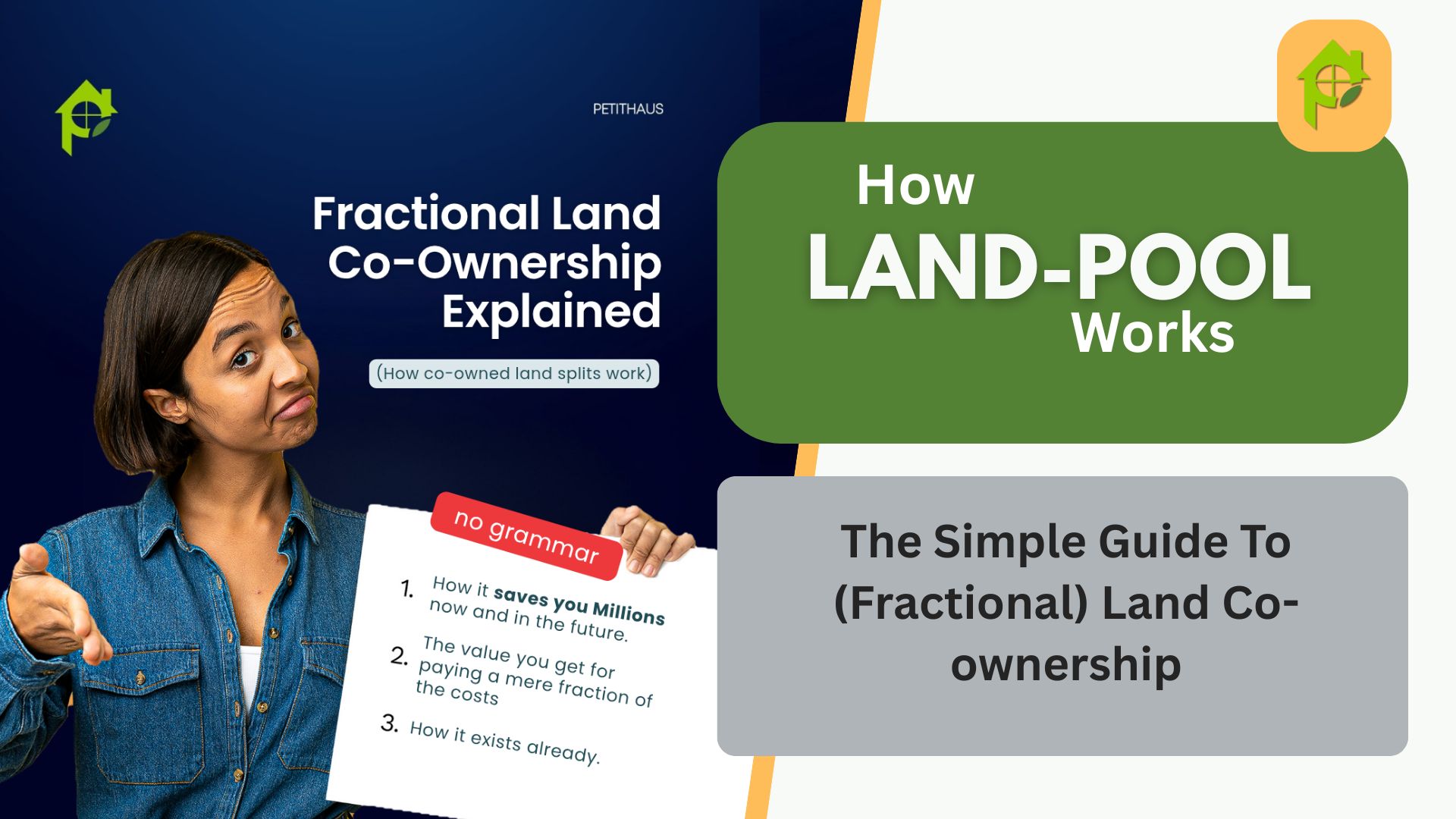
CONTACT US
Affordable Homeownership

SNEAK PEEK
Everywhere, especially in our cities, homeownership gets out of reach because of skyrocketing land prices. In Lagos, for example, land makes up 40% (or more) of the total housing cost. This is why the huge upfront deposits developers demand have become unavoidable.
Consequently, the middle class has been locked out of the market, leaving them stuck in rent cycles.
Plot-Share flips this system, and instead of buying a finished home at inflated costs, you start by owning the land that the building would sit on (no matter its size), shared with a few others, and then gradually build your home on your terms.
Here’s a detailed look at how the process works:
Your Role: Pay your fractional land share upfront.
Output: Each co-owner receives clear title documentation for their share.
Your Role: Participate in collective decisions.
Output: Shared approval costs to reduce individual financial burden.
Your Role: Contribute your share of the infrastructure fund.
Output: A serviced plot, ready for you to start building.
Your Role: Hire your own contractor/architect or work with suggested professionals.
Output: A customised home, without developer-imposed timelines or unnecessary premiums.
Your Role: Pay your proportional share.
Output: A completed, functional mini-community with shared infrastructure.

Land Number of (Splits) Individual
Value (₦m) Co-owners Share (₦m)
200 6 33
5 40
4 50
50 5 10
4 12.25
10 5 2
4 2.5
We already created a self-service portal where you can find, explore, and book co-owned plots of land in different locations and in different sizes. Check it out; you can start today.
Plot-Share is more than a model. It’s a shift in mindset from “waiting until I can afford ₦200m” to “starting with what I have now.” By pooling land costs, sharing approvals, and co-funding infrastructure, Plot-Share lowers the barriers to entry for homeownership while keeping you in full control of your build.
This model doesn’t just create homeowners. It creates community-driven neighbourhoods where people share resources, reduce costs, and own dignified homes in prime areas.
01.

02.
Category
Discover insights into creating affordable homeownership with PetitHaus.
